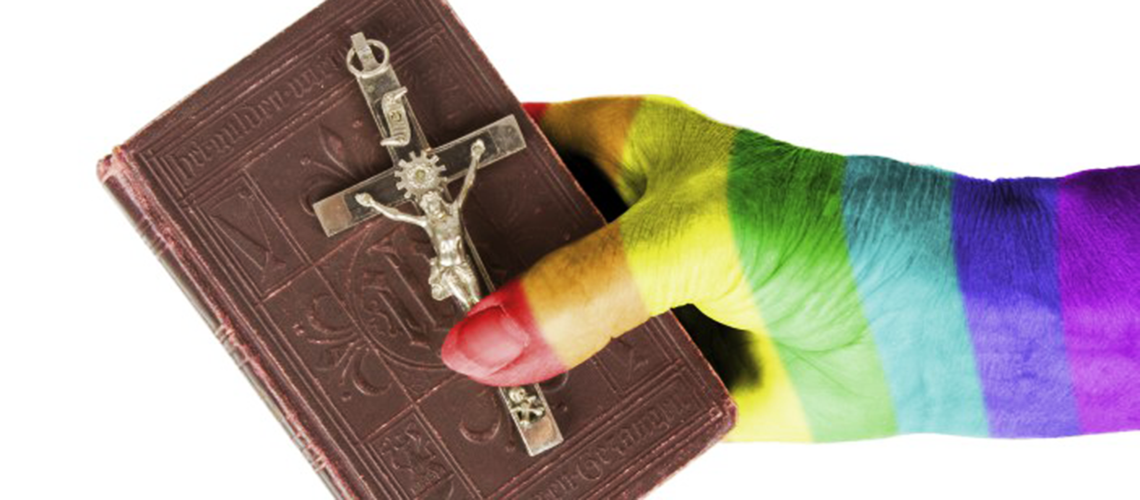When writing RSVP I was struck by the realization that a single patriarch or matriarch of a family can make a decision or enforce a belief that can cause immense pain for everyone else in the family. Our short film RSVP deals with the long term ramifications of a father disowning his gay son. This one decision sends lasting shock waves far beyond the character of STEPHEN. Even though he was the one cruelly cast off, he is certainly not the only one being made to suffer.
I was inspired by a real life situation that my best friend, Dean, shared with me. The man he was seeing at the time had been disowned by his father for being gay. Visions of the multifaceted pain that would come from being cut off from your family, for decades, perhaps a lifetime, began to swirl in my mind. It is hard to fathom the scars on a person’s psyche incurred by being disowned by the very people entrusted with unconditionally loving you. I began to also be affected by what the suffering of the family unit itself would be, particularly the siblings who had no control over such a decision and were then forced to live without the presence of their loved on in their life. Layers of grief and loss incited by one act of insufficient love.
This is when the family unit began to represent something larger to me. A microcosm of a congregation, a community, a religion, a society.
How many congregations have become less vibrant, less of a true representation of the fellowship Jesus chose to commune with on a daily basis, because certain people were being made to feel unwanted and unloved? How many towns lack diversity and the spectrum of personalities present in the world because those unique voices didn’t feel comfortable living and thriving there? How many religions are losing the faithful in droves because they are being told that being the way God created them is a damnable sin? How many more faithful drift away from the church because they do not feel the leadership’s interpretation of the word reflects what they understand to be God’s grace and Jesus’ unconditional love? And how has each of these individual losses coalesced to form a chain reaction that is present in our societies’ current list of moral shortcomings? These questions gnaw at my mind.
There have been huge strides made in the pursuit of equality and justice thanks to the tireless efforts of LGBTQ activists and allies, like John Pavlovitz and Believe out Loud. But those strides have been almost completely contained to the secular sector.
With the film RSVP, I wanted to plant a seed of hope for a new generation of religious leaders to truly embrace the accepting, loving, and compassionate values that Jesus himself modeled. And I believe that for such a transformation to take place, individual members of the faith community will need to bravely stand up and support the inclusion and acceptance of LGBTQ people into their congregations. My hope is that these faithful people are called to speak out in support of the sanctity of marriage being rooted in the spiritual quality of the union of two souls, and not on the sex organs of the parties involved.

